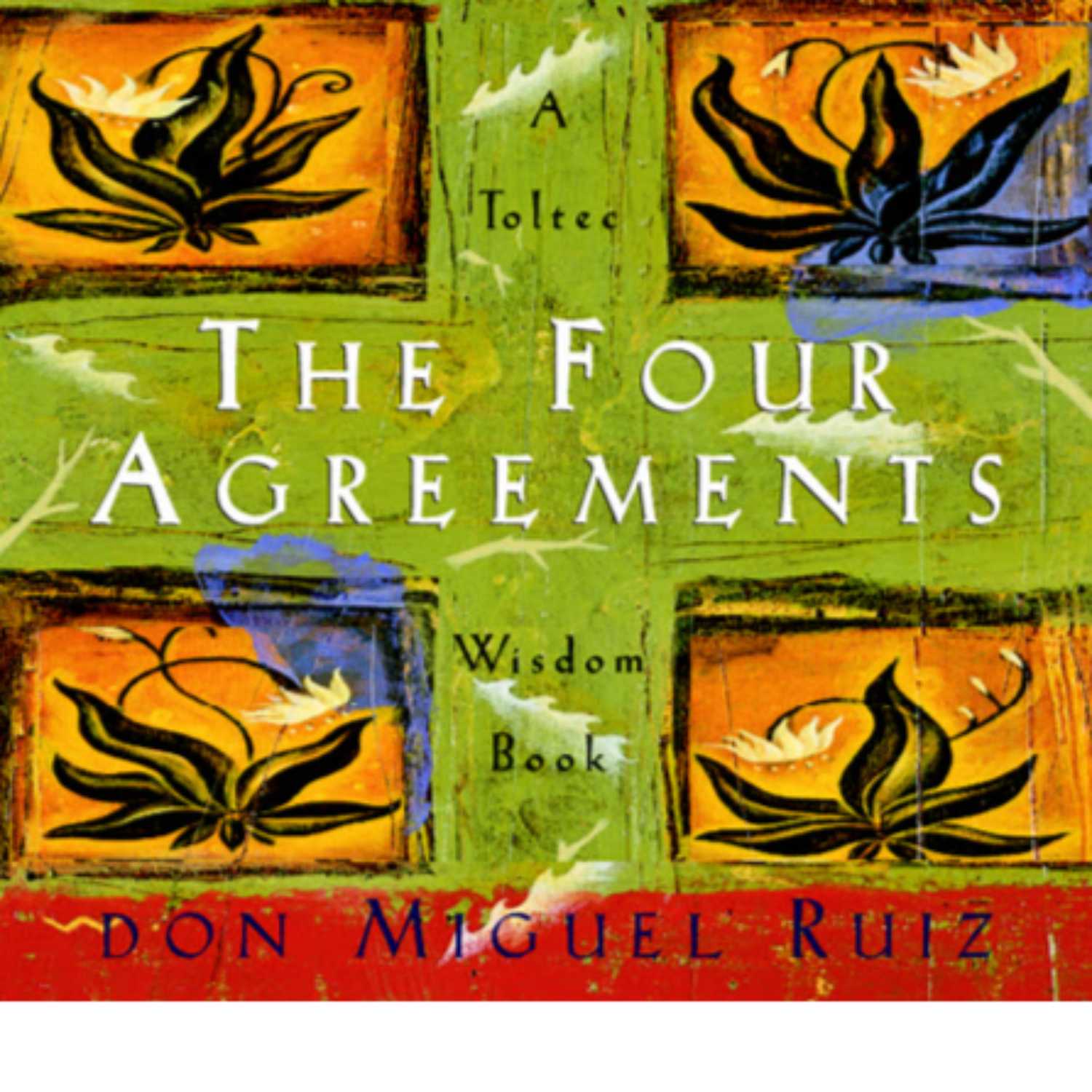
Growing Older Together | Facing Fears, Embracing Resilience
Growing Older Together is a podcast for older adults, centered on the stories, memories, and changes that shape how we see ourselves over time.
All solo episodes are under 15 minutes and explore themes like identity, fear, aging, and personal growth. Interview episodes are longer and released as part of the ongoing series.
I started this podcast because society often treats aging like the end of the story—like we no longer count. And sometimes, we start to believe it. But our stories still matter, and they deserve to be heard.
Season Two: Finding Strength in Our Fears centers on fear—how it shows up in everyday life, keeps us quiet, and what it means to speak about it.
This season also includes an interview series: What the Eyes Carry—conversations with women who share personal stories about regret, silence, and the moments that changed them.
After stepping away from the podcast in December 2024 to care for my mom, I am returning with new episodes every 2 to 3 weeks starting again in December 2025.
If you've ever felt unseen, dismissed, or feel like you no longer matter, this podcast is for you.
Let’s keep growing older and wiser together.
Growing Older Together | Facing Fears, Embracing Resilience
S1 Ep 2 When The Past Knocks
Use Left/Right to seek, Home/End to jump to start or end. Hold shift to jump forward or backward.
In Season 1, Episode 2, When The Past Knocks, of "Growing Older Together," Lourdes discusses how memories can surprise us and bring up strong feelings like worry, frustration, and anger. "When the Past Knocks" examines those moments when old memories pop up and affect our lives now. Sharing her stories about helping her aging parents and dealing with family ups and downs, Lourdes offers tips on how to handle these feelings.
Join Lourdes as she helps us look forward to a future where we can better handle our reactions and understand ourselves and our loved ones.
LET'S STAY CONNECTED
- Subscribe, rate, and share the podcast on your favorite platform
- Catch all episodes on my YouTube channel
- Show notes and captions available in English and Spanish
- Find everything here: https://campsite.bio/dirdenblueprint
- Email: podcast@lourdesdirden.com
Thank you for listening and for being here with me.
[00:00:17] Welcome back to Growing Older Together, Season One. Echoes of the Past, Visions of Tomorrow. I'm Lourdes. Have you ever had a memory that just won't leave you alone? Today's episode titled, When the Past Knocks, is all about those times.
[00:00:37] I'm talking about when old memories pop up out of nowhere and catch us off guard. It's often in ways we'd rather not face. In this episode I'm gonna talk about those not so great times. Times when memories bring back feelings of worry, frustration, or even anger. We'll [00:01:00] explore why this happens. and what we can do about it.
[00:01:05] My mom, she turned 95 this month. And helping her every morning has been tough because she's very weak. And even though she uses a walker, it's difficult for her to walk and do other things that she used to do by herself. My dad is turning 91 this year and he does a lot around the house, but he struggles with stress.
[00:01:29] Often yelling or slamming things. It's difficult for me when I see him like that. It takes me back to past arguments that we never settled. It always ends up with anger and frustration on both sides. It usually ends up with my dad saying sorry and then we hug, even though we still feel upset.
[00:01:51] It's a continuous cycle. But these apologies are reminders of the love that still exists among us.[00:02:00] My mom has always told my brothers and sisters in Spanish, Ignoralo, meaning to ignore him or ya sabes como es, nomas ignoralo,
[00:02:10] reminding us, you know how he is. Just ignore him. Her words have become a key reminder for me helping me stay calm. Last year, when I started taking care of my mom in the mornings, I decided to change my reaction towards my dad. Focusing not on our past conflicts, but on who we are now and the care that we share for my mom.
[00:02:42] Looking at things differently has helped me appreciate the moments of tenderness between them. Like when he speaks softly to her or helps her out without hesitation. I've also been using a breathing exercise called 4 7 8 to [00:03:00] control my emotions, a practice that I've been doing for a few years. It challenges me sometimes, but it brings a lot of relief.
[00:03:09] This journey of personal growth has helped me deal with things better and made me closer to both of my parents. Sometimes, a simple smell can bring up a memory. For example, a scary moment, all of a sudden your mood changes. But, if we know why we feel this way, it can help us control our reactions better.
[00:03:36] When the past comes knocking, it can stir up all sorts of feelings, like joy, sadness, anxiety, anger. These emotions can easily change how we act or think. What can you do when memories confront you? First, notice and acknowledge those memories. [00:04:00] Being aware can help you control your reactions. For me, doing my 4 7 8 breathing exercises and also telling myself positive things have really helped me get through it.
[00:04:15] I breathe in with my nose for four seconds, hold my breath for seven seconds, and breathe out with my mouth for eight seconds. If you know what sets you off, then plan ahead. Do something different. For example, take some deep breaths. Talk to yourself in a better way. Realize that the only one that is in control of you is you.
[00:04:44] No one can control your reactions but yourself. When you're feeling upset or worried, take a little time to breathe and think it over. Quiet time and being aware can really help. [00:05:00] Writing down how you feel or record yourself on your phone. Talking to friends or family can also help you see what happens over and over.
[00:05:12] And then you can find ways to make things better. Think about the memories that set off your feelings. Knowing how they affect you can help you deal with them better. Think about a recent memory that came to your mind. What was it and how did it make you feel?
[00:05:34] In next week's episode, Echoes of Resilience, I'll discuss transforming past trauma into present strength. I hope this episode helped you learn a little bit about yourself and others. Your stories are important. Whether it's a small step like choosing to get out of bed on a tough day, or any other way you've found to make things a little better for yourself, [00:06:00] I want to hear about it.
[00:06:01] You can keep it anonymous or just use a first name or nickname, whatever makes you comfortable. Let's shine a light on those small but significant victories together. You can share your stories with me in English or Spanish. Or join me on the show as a guest to tell your story and let your voice be heard.
[00:06:24] I am very excited that some of you will be on the show sharing your stories. My contact information is listed at the bottom of the show notes. You can email me. message me on Instagram and LinkedIn or visit my website for more information and resources. Thank you for joining me today. If you enjoyed it, please consider sharing it with a friend.
[00:06:50] To close, here's a quote by William Johnson. The world we see that seems so insane is [00:07:00] a result of a belief system that is not working. To perceive the world differently, we must be willing to change our belief system. Let the past slip away, expand our sense of now, and dissolve the fear in our minds.
[00:07:19] I like it a lot. Okay, that's it for today. Until next week. Let's grow older and wiser together.
Podcasts we love
Check out these other fine podcasts recommended by us, not an algorithm.

Drew Blood's Dark Tales - A Horror Anthology and Scary Stories Podcast
Chilling Entertainment, LLC & Studio71Horror Hill: A Horror Anthology and Scary Stories Series Podcast
Chilling Entertainment, LLC & Studio71Chilling Tales for Dark Nights: A Horror Anthology and Scary Stories Series Podcast
Chilling Entertainment, LLC & Studio71
Desire to Done Podcast for Virtual Assistants and Introverts
Billie Gardner
Kwik Brain with Jim Kwik
Jim Kwik, Your Brain Coach, Founder www.KwikLearning.com
The Strong and Lean at Any Age Podcast
Susan Niebergall
Master Your Mind With Marisa
Marisa Peer
